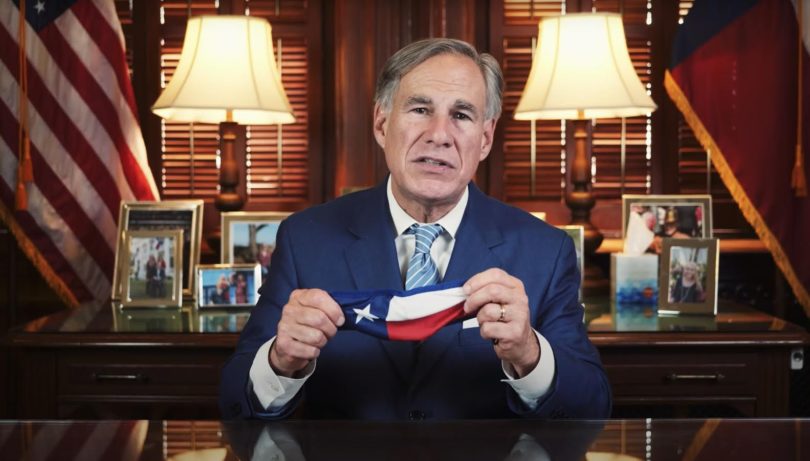FTC Announces Issuance of Final Rule

04/26/2024
The Future of Non-Compete Restrictions
On April 23, 2024 the Federal Trade Commission (FTC) announced the issuance of a Final Rule banning non-compete restrictions in employment agreements with the recognition of limited exceptions. Although many news outlets have announced the FTC’s Final Rule as an effective new ban on non-compete restrictions, employers and employees must be mindful that the FTC’s Final Rule is not effective until 120 days after the Rule is published in the Federal Register. Additionally, it must be noted that presently at least two challenges are pending in federal courts contesting the Final Rule.
What Businesses and Employees are Subject to the Final Rule: As the FTC notes in its Guide for Businesses and Small Entities Compliance Guide, its final rule banning non-compete agreements “applies to non competes with all workers, whether full-time or part-time, including employees, independent contractors, interns, externs, volunteers, apprentices, and others – but there are different requirements for senior executives as defined by the Rule.” In its present form, the Final Rule does not ban non-compete restrictions currently in place in relation to senior executives. Additionally, the FTC does not have jurisdiction over banks, savings and loan institutions, federal credit unions, common carriers, air carriers and certain non-profits. So, the Final Rule does not apply to such businesses.
What is a Non-Compete Clause: The Final Rule defines a “non-compete clause” to include any term or condition of employment that (i) prohibits a worker from; (ii) penalizes a worker for; or (iii) functions to prevent a worker from: (a) seeking or accepting work in the United States with a different person/company; or (b) operating a business in the United States after the conclusion of the employment under which a term and condition of employment included a non-compete restriction.
What does the Final Rule Ban: The Final Rule declares it to be an “unfair method of competition” for a person to: (i) enter into or attempt to enter into a non-compete clause; (ii) enforce or attempt to enforce a non-compete clause; or (iii) represent that a worker is subject to a non-compete clause. Accordingly, the Final Rule generally prohibits non-compete restrictions. Once effective, the Final Rule will even prohibit employers from entering or attempting to enter non-compete restrictions with senior executives.
What does the Final Rule Allow: The Final Rule specifically does not apply to senior executives which are defined to be workers holding a policy-making position who received total annual compensation of at least $151,164 in the preceding year. To the extent that a senior executive’s current employment terms contain non-compete restrictions, such restrictions remain enforceable under the Final Rule. However, as noted above, once effective, the Final Rule will prohibit businesses from entering or attempting to enter into non-compete restrictions with senior executives.
Additionally, the Final Rule permits non-compete restrictions to be established with the seller of a business entity if (i) the sale divests the individual’s ownership interest in the business entity or (ii) all or substantially all of the business entity’s operating assets.
The Final Rule’s ban of non-compete restrictions specifically does not apply to non-compete claims that are accrued or pending prior to the effective date.
Is Immediate Action Needed: Of importance for businesses, once effective, the Final Rule will require all employers to provide written notice to all non-senior executive employees and former employees subject to non-compete restrictions that enforcement of the non-compete restrictions is unlawful and affirmatively advise such employees that the company will not enforce any existing non-compete restrictions against employees.
This information is made available by Stibbs & Co., P.C. for informational purposes only, does not constitute legal advice, and is not a substitute for legal advice from qualified counsel. The laws of other states and nations may be entirely different from what is described. Your use of this information does not create an attorney-client relationship between you and Stibbs & Co., P.C. This material may be considered attorney advertising in some jurisdictions. The facts and results of each case will vary, and no particular result can be guaranteed.
Stibbs & Co., P.C. attorneys are available to discuss the rule and assist with reviewing restrictive covenant agreements. You may contact Stibbs & Co., P.C. at 281-367-2222 or via email to info@stibbsco.com.




